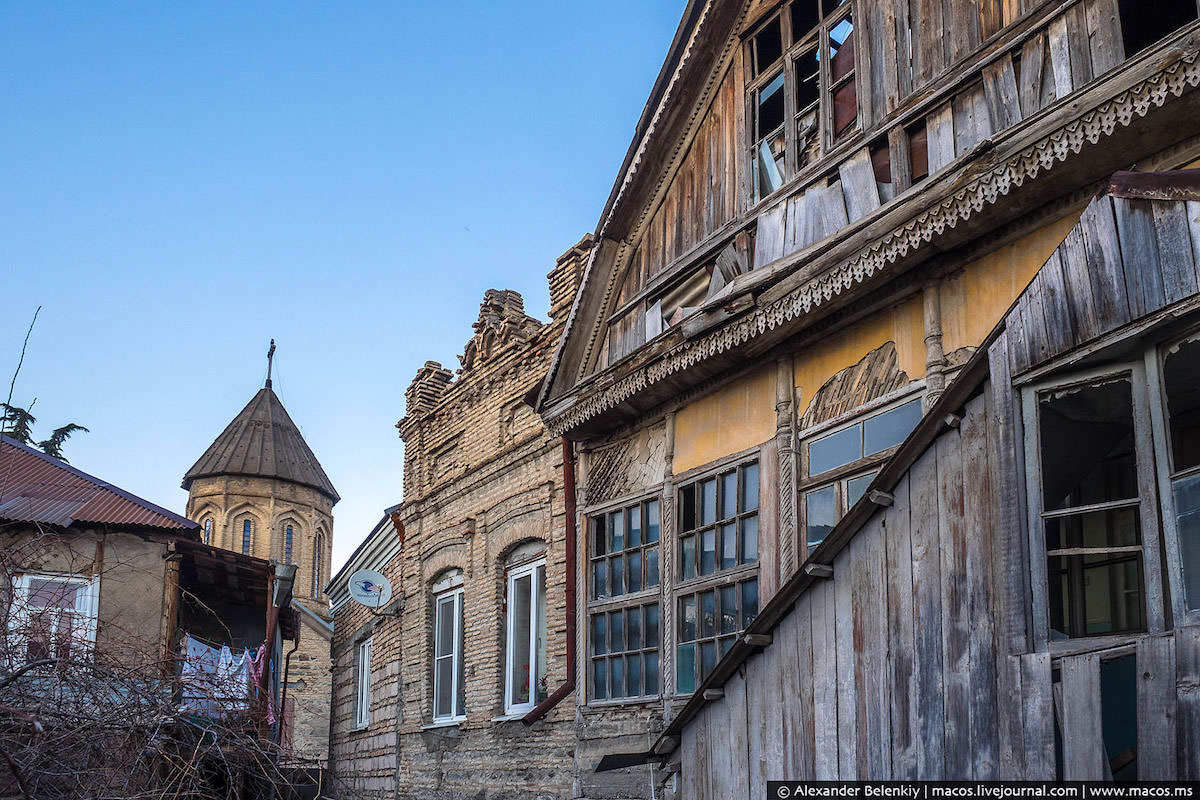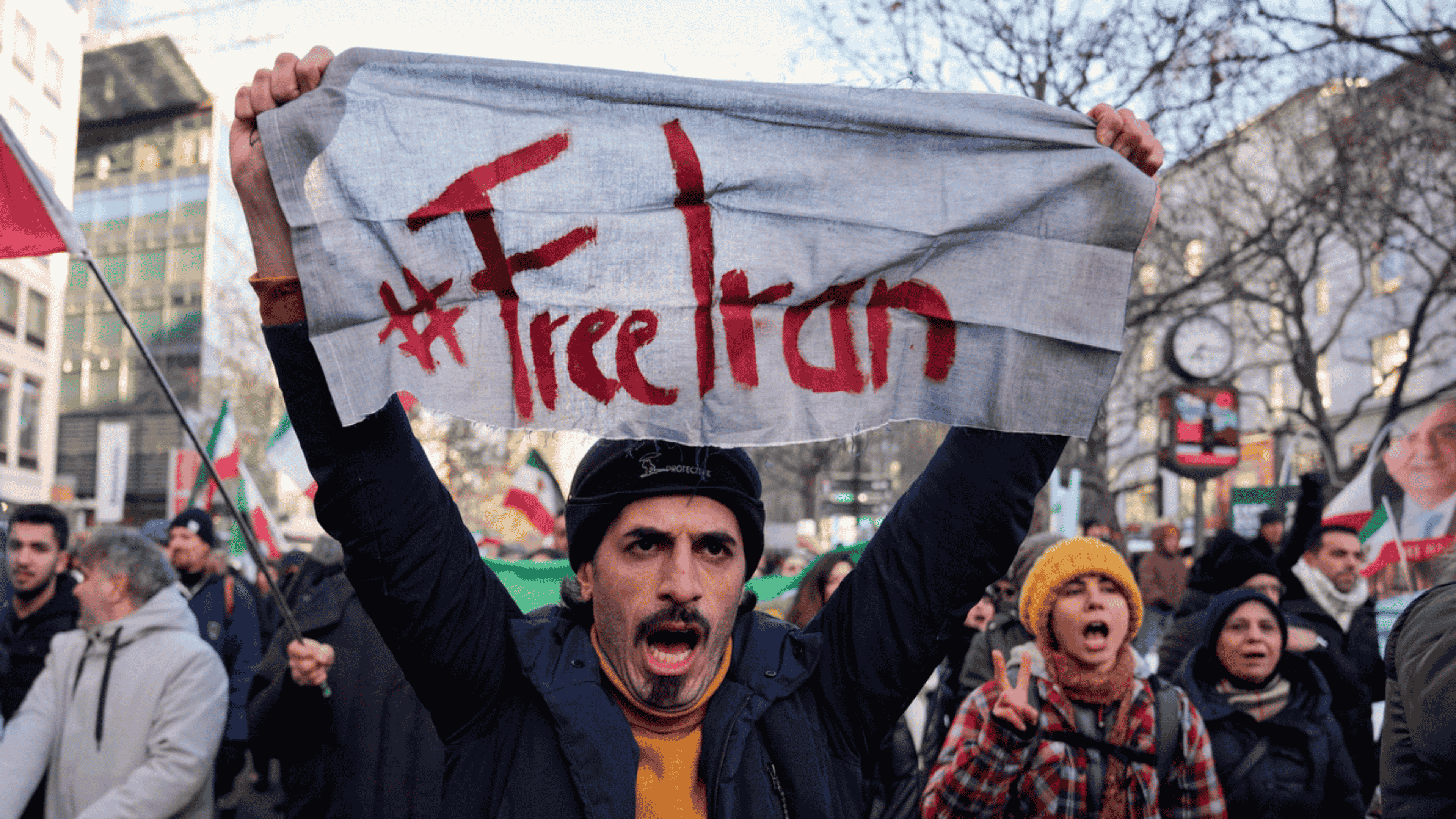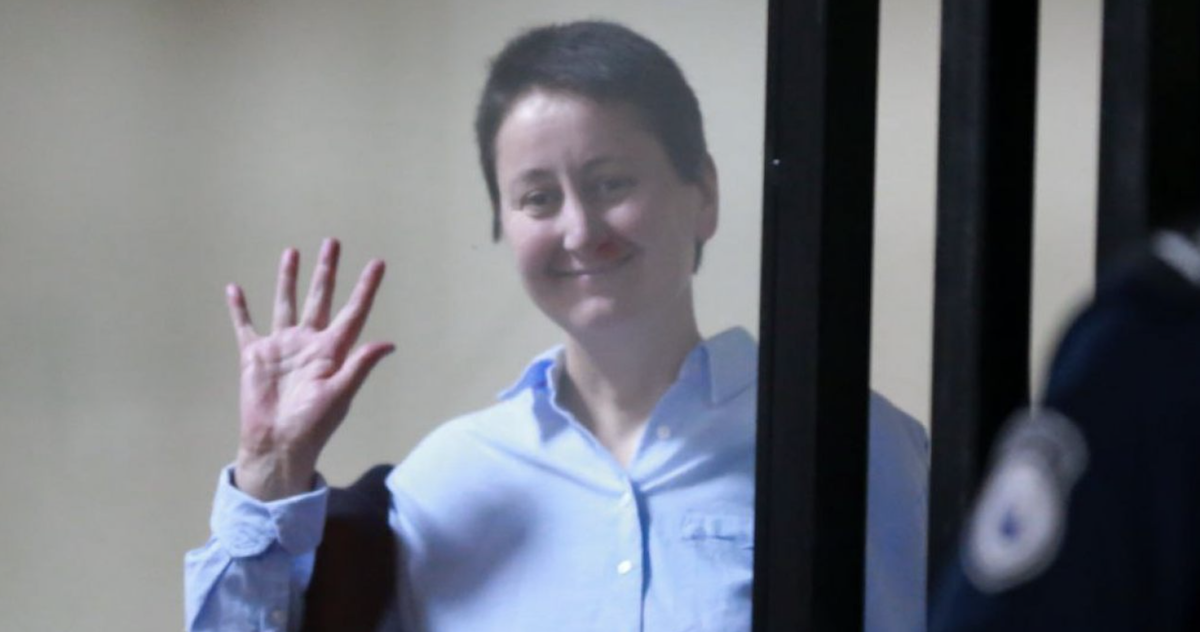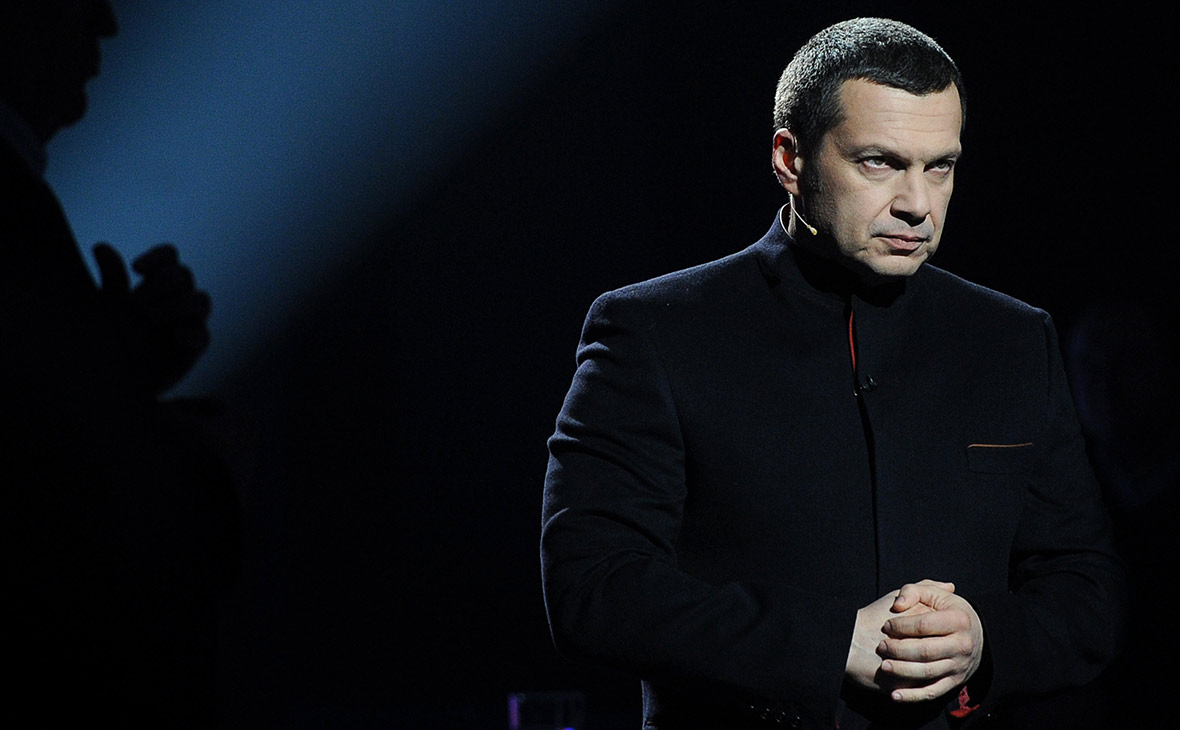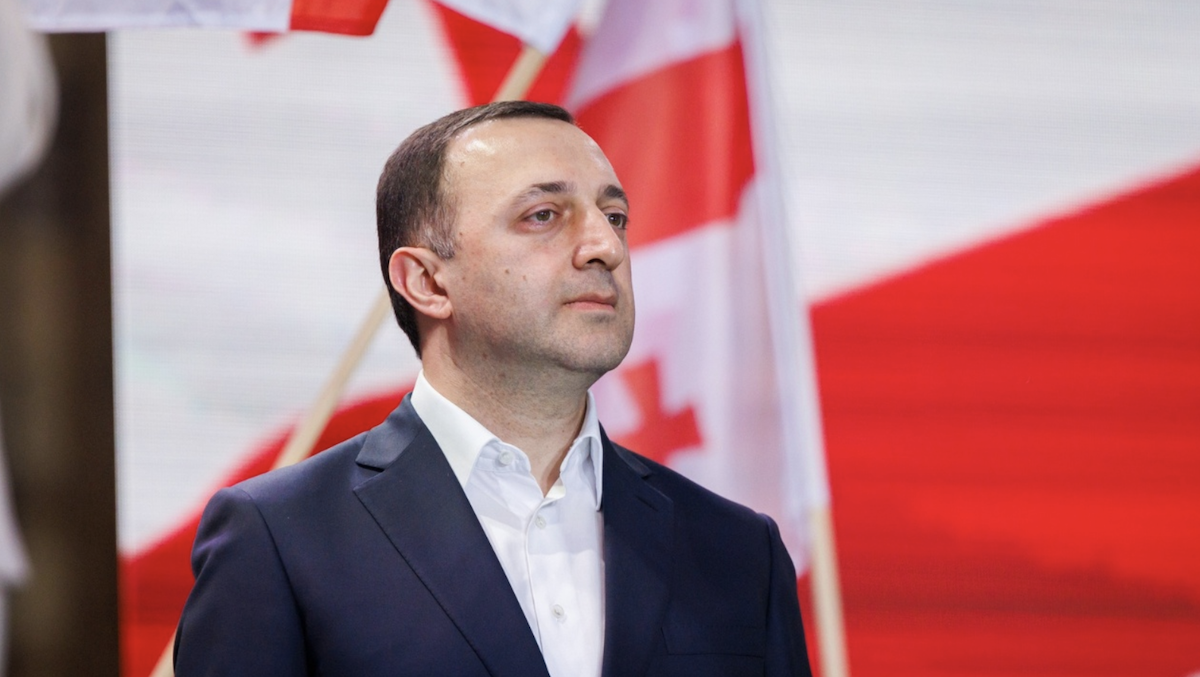South Ossetia plans to join Russia, this time Moscow might support it
South Ossetia to become part of Russia
The President of South Ossetia, Anatoly Bibilov, on the evening of March 30, announced the beginning of a legal procedure for the republic to join Russia.
Russia recognized the independence of South Ossetia in 2008, then Nicaragua, Nauru, Venezuela and Syria joined it. Georgia, the UN and the entire international community consider South Ossetia a part of Georgia.
Immediately after Bibilov’s speech, mass approval statements from Moscow at a high level followed. Events developed at lightning speed. A few hours later, it was announced that the first step would be a referendum which will be held after the presidential elections scheduled for April 10.
Many people took to the streets of Tskhinvali, the youth organized a festive night motor run.
In South Ossetia, not everyone agrees with the intention to abandon the idea of independence, but unfortunately they are in the minority. Their arguments can be found in the chapter below.
Bibilov’s statement was made 10 days before the presidential election, and many initially considered the news to be his pre-election move.
Bibilov has more than once put forward the idea of the reunification of the divided Ossetian people within Russia and even won parliamentary and then presidential elections with it.
His entire first presidential election program in 2017 was based on five stages of creating a union state with Russia.
Previous attempts by South Ossetia to become part of Russia
The first referendum on joining Russia was held in South Ossetia on January 19, 1992, at the very beginning of the Georgian-Ossetian conflict. Then the question consisted of three components: secession from Georgia, declaration of independence and accession to Russia.
The second time an attempt to hold referendum on joining Russia was in 2014. Then it was initiated by the United Ossetia party and its leader, current president Anatoly Bibilov. Former president of South Ossetia Leonid Tibilov prohibited it, although later supported this idea.
In 2017, presidential candidate Bibilov announced that he would hold a referendum on joining Russia after the presidential election. However, he has not yet returned to this topic.
Many experts believe that in previous times the ambitions of Bibilov and other South Ossetian politicians were cooled by cold (yet silent) response from the Kremlin. However, this time, lightning-fast and large-scale support followed.
- President and king under democracy conditions
- Russia is using South Ossetia to finance self-proclaimed republics in Eastern Ukraine
- Film about an Ossetian artist living in a Georgian village in the conflict zone
Many in South Ossetia talk about a “good timing” in the context of the events around the DPR and LPR.
As part of Eastern Ukraine, DPR and LPR unilaterally declared their independence in 2014. At the same time, with the support of Russia, a referendum was held in Crimea, as a result of which the peninsula became part of Russia. Ukraine, the rest of the world and the UN regarded Russia’s actions as an annexation.
In the war that began after that, the DPR and LPR received tacit military support from Russia. On February 22, 2022, President Putin recognized them as independent states. Then, amid Russia’s bloody “special operation” in Ukraine, which began on February 24, the leaders of both territories announced their intention to become part of Russia.
Anatoly Bibilov called unification with Russia “a strategic goal of becoming a part of the historical homeland“.
“In 2014, when Crimea returned to its home, Russia, we also had the opportunity to realize our centuries-old dream, but then we missed our opportunity. But we cannot repeat this mistake”, Bibilov said.
Roza Valieva, a deputy from the ruling United Ossetia party, said that “the countries of the DNR and LNR, friendly to South Ossetia, are already preparing the relevant documents for joining the Russian Federation. If we become part of Russia together, it will be our common holiday”.
Reaction in Moscow
“The legislation of the Russian Federation provides for the procedure for the admission of states or parts of foreign states to Russia as subjects of the Russian Federation. In order to do this, it is necessary to express the will of the Ossetian people. This can be done through a referendum”, said Andrei Klimov, Senator of the Federation Council.
“South and North Ossetia are two nations that want reunification. The republic has long and persistently wanted to go to Russia”, said Konstantin Zatulin, deputy chairman of the State Duma Committee on CIS Affairs.
“The people of Russia will support the decision of the people of South Ossetia to join the Russian Federation. For us, this is a very important moment, because in 2008 Russia began to openly resist the pressure of the united West. Of course, this is a historic event”, said Artem Turov, Deputy Head of the State Duma Committee on CIS Affairs and Relations with Compatriots.
“Timely initiative. In August 2008, South Ossetia was subjected to military aggression, but the entire Ossetian people received full support and protection from the Russian side. Employees of the Investigative Committee provided all possible assistance in fixing evidence of crimes committed by the Georgian authorities and military personnel. This close cooperation will be continued”, Alexander Ivanovich Bastrykin, Chairman of the Investigative Committee of the Russian Federation.
“South Ossetia should not worry about Georgia’s reaction. The only thing Georgia can do now is to be indignant and protest”, said State Duma deputy Alexander Borodai.
Political elite in South Ossetia supports joining Russia
All politicians who are now registered as presidential candidates previously supported the entry of South Ossetia into Russia, the difference was only in the proposed forms.
For example, the leader of the Alania-Russia Union movement, Dmitry Tasoev, stated that he was not against integration with Russia, but in the context of a union state together with Russia and Belarus.
The common opinion among local politicians was that Moscow itself did not want to accept South Ossetia into its structure, and there was no point in asking for it again. Such statements have been heard on TV debates during the last few days.
Alternative opinions
Roland Kelekhsaev, chairman of the People’s Party and co-chairman of the Alania-Russia Union movement, says that Bibilov’s statement and the quick positive reaction from Moscow came as a surprise to local residents of the republic. And not for everyone this process is joyful.
“A new generation has appeared in South Ossetia, wishing to live in an independent state. The way out would be a union state with Russia and Belarus”, says Kelekhsaev.
Opposition MP and former Foreign Minister David Sanakoev, who is considered the main supporter of the idea of developing South Ossetia as an independent state has not yet commented on the preparations for joining Russia that have begun.
Abkhazia is not going to be part of Russia
In Abkhazia, which is in the same position as South Ossetia, they immediately reacted to the events. But this time there was no support. “Abkhazia does not plan to become a part of the Russian Federation”, said Parliament Speaker Valery Kvarchia.
In social networks in Abkhazia, users began to actively distribute a quote from the constitution, which says that it is impossible to amend in reference to the liquidation of the independence of the republic:
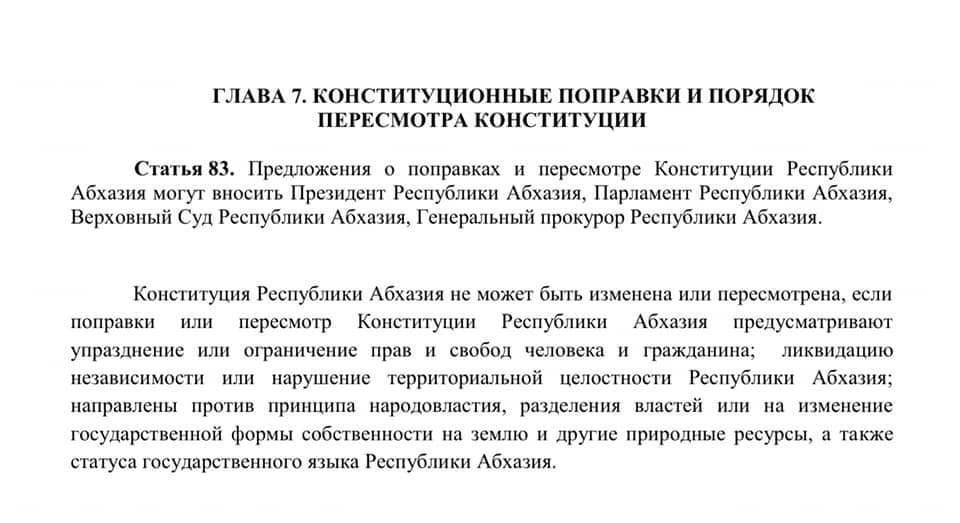
Expert commentary
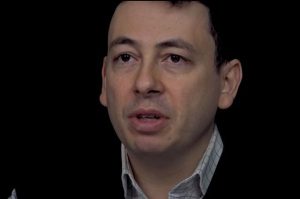
Ruslan Totrov, a journalist from North Ossetia, in his telegram channel “Freedom Square”
“If this is not a standard pre-election stunt from the president, but a real intention, I will repeat what I have said many times before.
Any attempt to destroy the Ossetian state is an act of state treason. Let our Constitution in this aspect be more flexible than the Abkhaz one.
And in that very bright Ossetia of the future, former President Anatoly Bibilov should become a defendant in an uncompromising criminal case. In which, in addition to attempts to dismantle sovereignty, there will be other high-profile episodes: from Tsenelis to the murder of Inal Dzhabiev”.
Toponyms and terminology used in the article, and views, opinions and strategies expressed in it do not necessarily reflect the views and opinions of JAMnews or any employees thereof. JAMnews reserves the right to delete comments it considers to be offensive, inflammatory, threatening, or otherwise unacceptable











